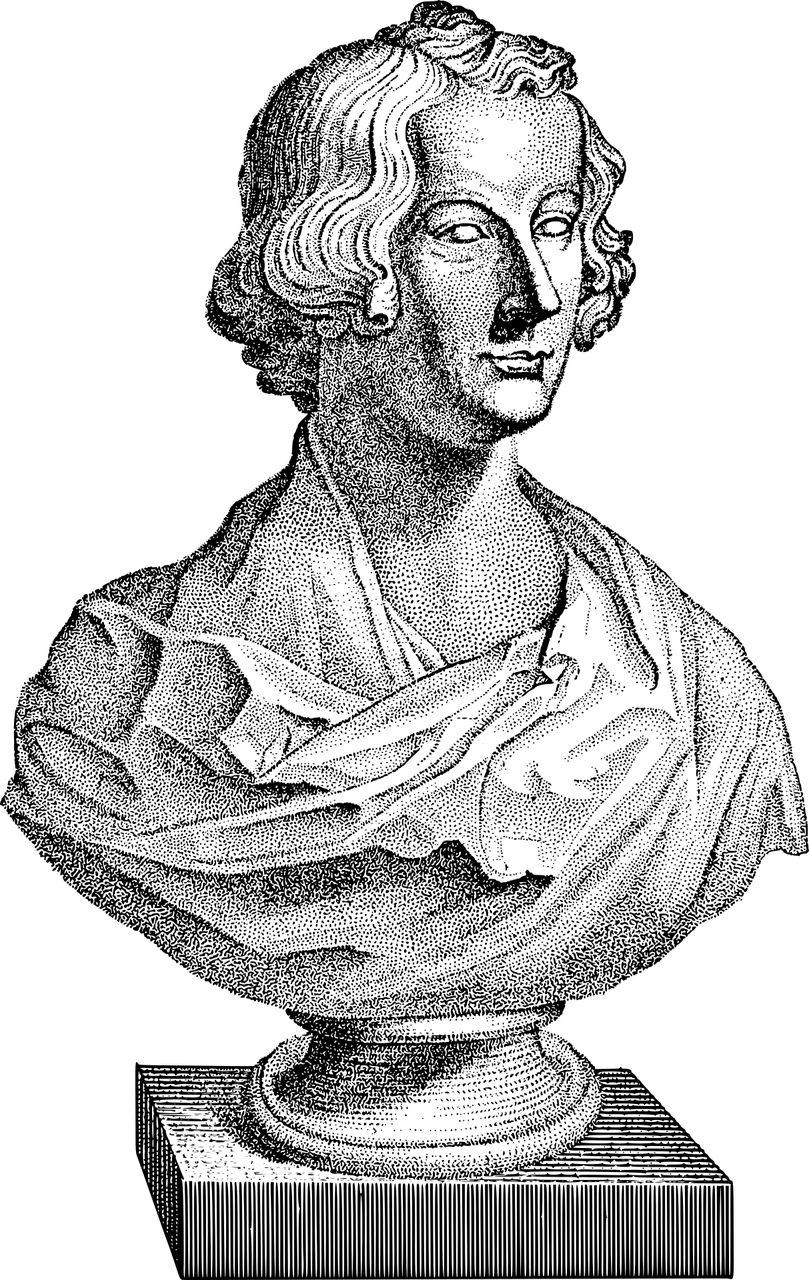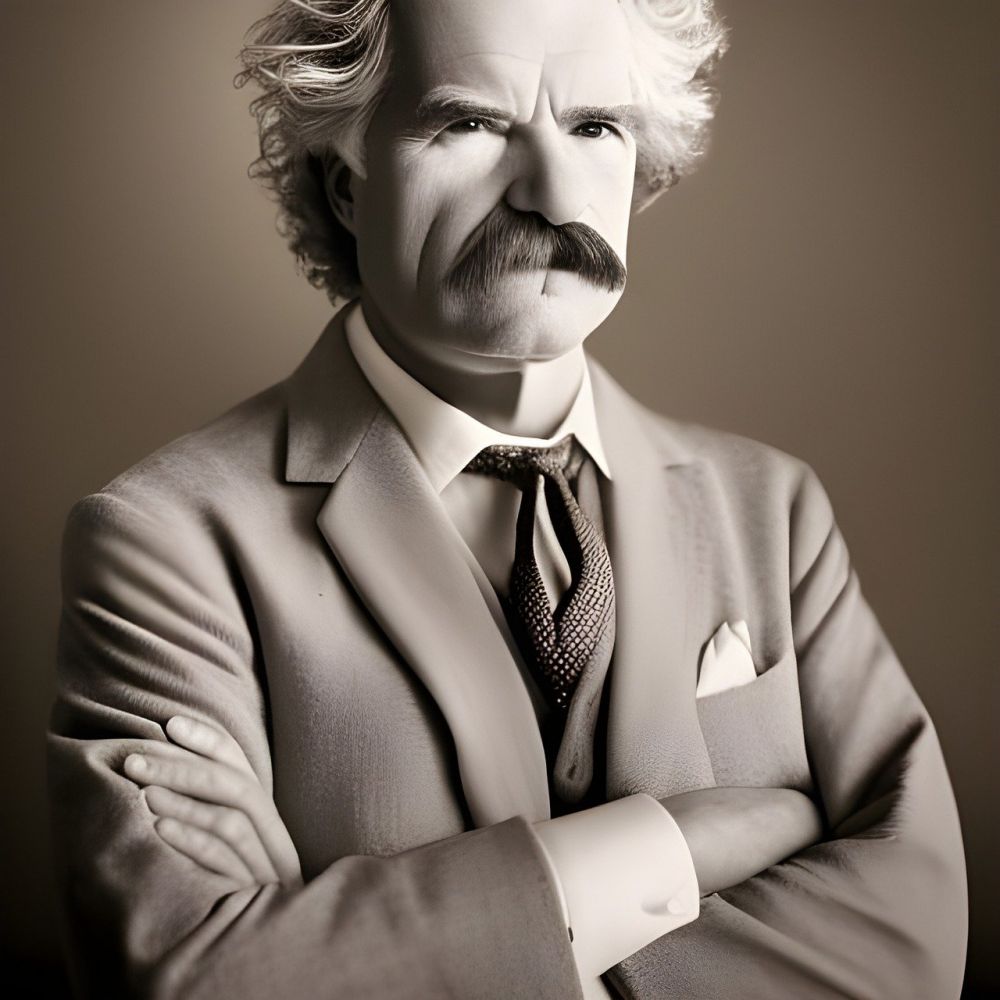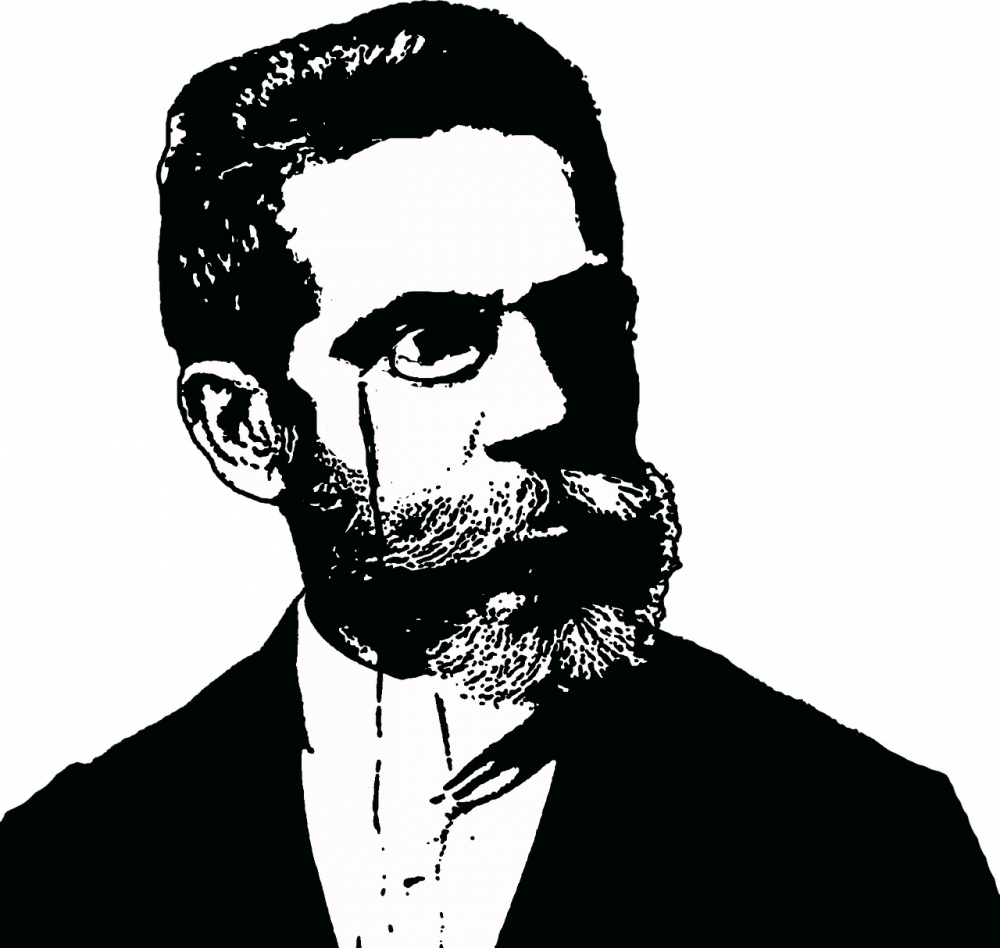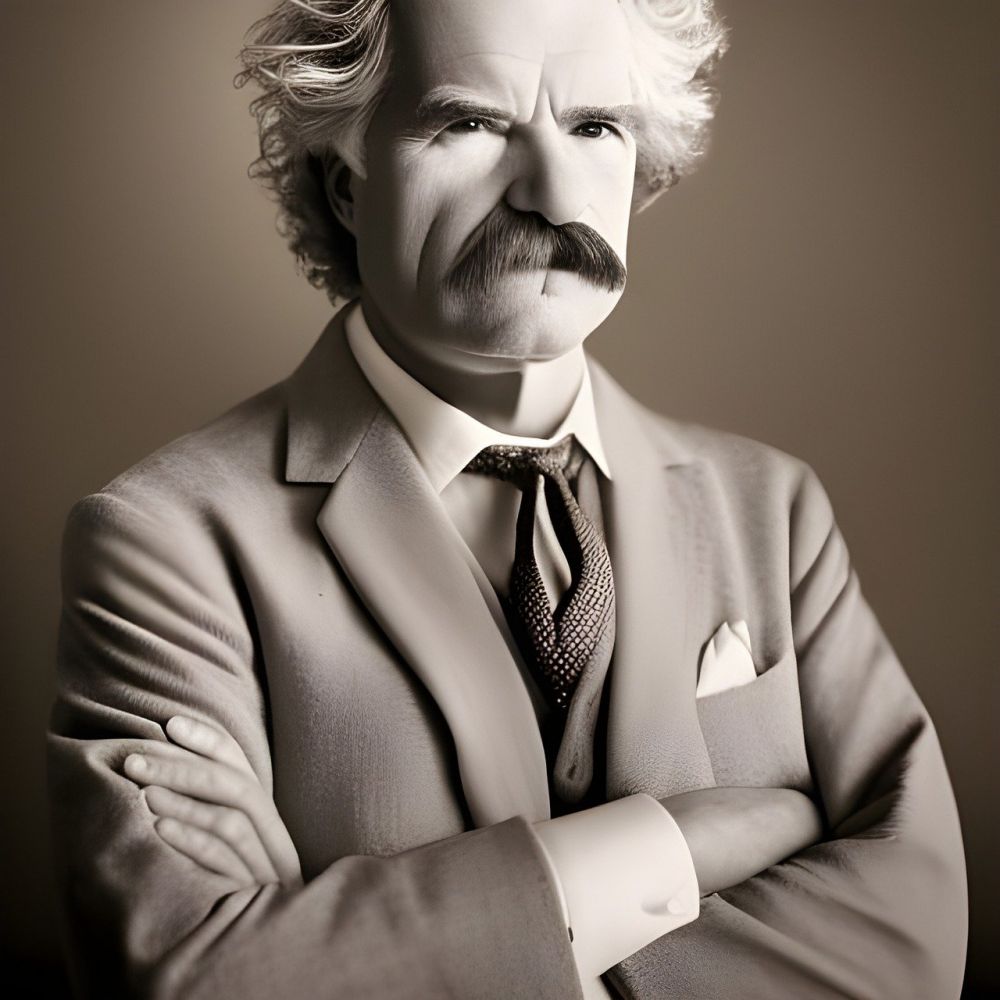Charles Dickens Books: A Timeless Journey through Literary Masterpieces

Introduction:
Charles Dickens is regarded as one of the greatest Victorian-era authors, known for his captivating storytelling, complex characters, and social commentary. His works have left an indelible mark on English literature, and his books continue to be loved and cherished by readers around the world. In this article, we will explore the importance of Charles Dickens books, their evolution over time, and why they are significant for art lovers and collectors.
The Importance of Charles Dickens Books:

Charles Dickens books offer a rich tapestry of themes, emotions, and settings that captivate readers. His works shed light on pressing societal issues of his time, including poverty, inequality, and the plight of the working class. Through the vivid portrayal of his characters, Dickens masterfully depicts the struggles and triumphs of ordinary people, making his stories relatable and deeply affecting.
Dickens’ books are characterized by their intricate plots, detailed descriptions, and a keen sense of social observation. His ability to create memorable characters, such as Oliver Twist, Ebenezer Scrooge, and David Copperfield, has made his stories timeless and beloved classics. Dickens’ writing style employs a perfect balance of humor, pathos, and social criticism, making his books both engaging and thought-provoking.
A Historical Journey through Charles Dickens Books:
The evolution of Charles Dickens books can be traced through his prolific career, spanning from the mid-19th century. Dickens’ debut novel, “The Pickwick Papers,” published in 1836, established him as a rising literary star. This novel, presented in monthly installments, introduced readers to his signature blend of comedy and social commentary.
One of Dickens’ most celebrated works, “A Christmas Carol,” published in 1843, showcases his iconic characters and explores themes of redemption and the true spirit of Christmas. This timeless tale has been adapted into numerous films, plays, and even an opera, solidifying its place in popular culture.
In the 1850s, Dickens delved deeper into social criticism with novels such as “Hard Times,” which highlighted the adverse effects of industrialization on society. He continued to captivate readers with masterpieces like “Great Expectations,” a bildungsroman that delves into themes of love, ambition, and the search for identity.
Throughout his career, Dickens experimented with various narrative techniques and explored diverse settings, ranging from the gloomy streets of London to the sprawling countryside. His last completed novel, “Our Mutual Friend,” published in 1865, showcases his mature style and addresses themes of wealth, inheritance, and morality.
The Enduring Legacy of Charles Dickens Books:
Charles Dickens’ books continue to resonate with readers of all ages and backgrounds. His timeless stories have been translated into multiple languages, ensuring that his messages cross cultural boundaries. Dickens’ books have been studied in classrooms, enjoyed in book clubs, and passed down through generations, reaffirming their enduring appeal.
Dickens’ works have also influenced numerous authors and artists, shaping the landscape of literature and art. His vivid descriptions and social commentary have inspired painters, filmmakers, and playwrights. Dickens’ characters, such as Scrooge and Fagin, have become archetypes in popular culture, enriching the artistic sphere with their complexity and depth.
In conclusion, Charles Dickens books stand as masterpieces of literature, revered for their rich storytelling, social consciousness, and unforgettable characters. From his early novels to his later works, Dickens’ exploration of the human condition and his critique of societal injustices continue to captivate readers worldwide. Whether you are a collector, art lover, or simply someone seeking an enriching reading experience, delve into the world of Charles Dickens books and discover the enduring legacy of a literary genius.





